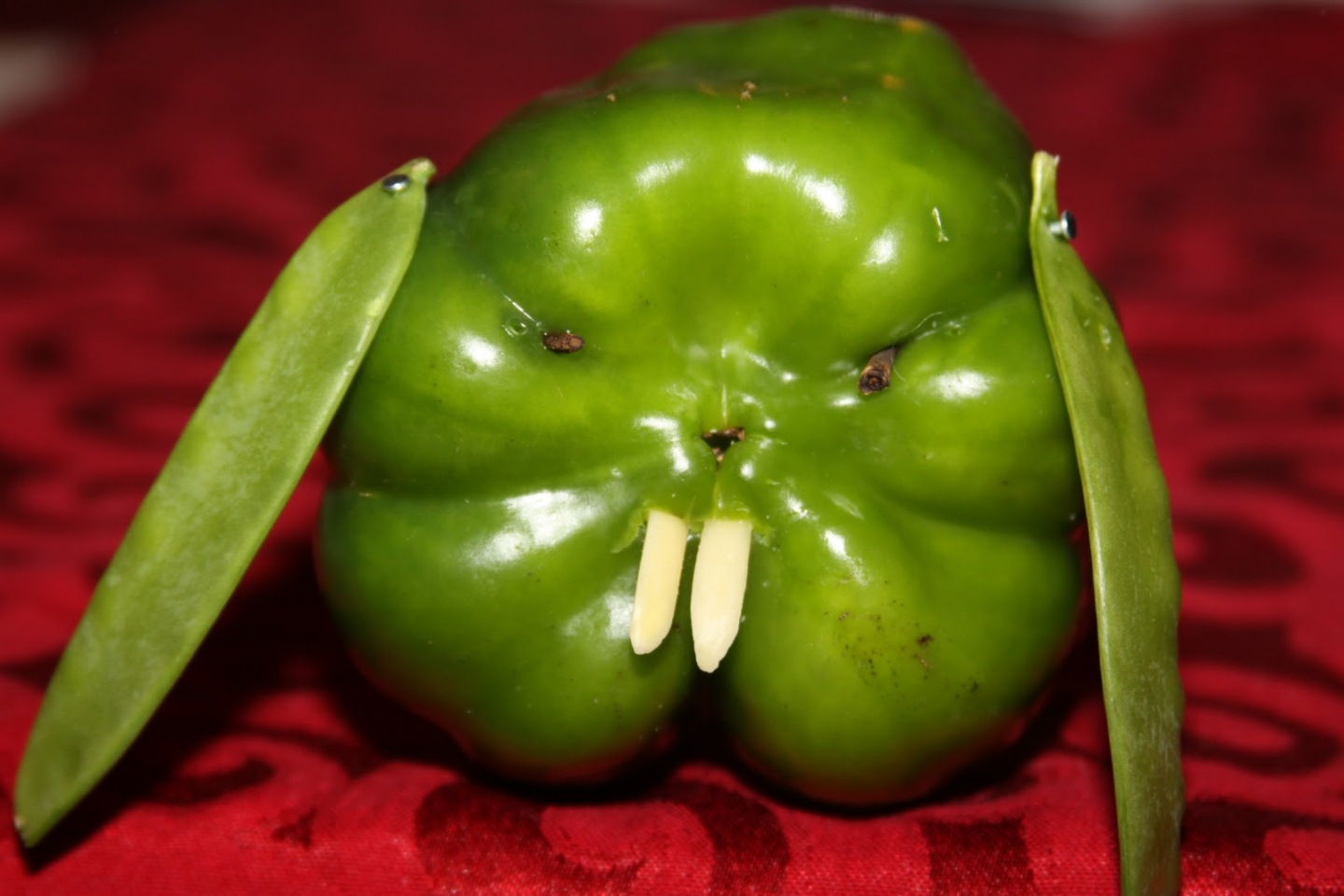Can Rabbits Eat Green Pepper?
Rabbits are herbivorous animals and have a diet that mainly consists of grass, hay, and leafy greens. However, they can also enjoy a variety of fresh vegetables as part of a balanced diet. Green peppers, also known as bell peppers, are one such vegetable that is often found in households. But can rabbits eat green pepper? Let’s find out!

Benefits of Green Pepper for Rabbits
Green peppers are low in calories and high in nutrients, making them a healthy addition to a rabbit’s diet. Here are some benefits of feeding green pepper to your furry friend:
- Rich in Vitamin C: Green peppers are an excellent source of vitamin C, which is essential for maintaining a rabbit’s overall health. Vitamin C helps in boosting their immune system and promoting healthy skin and fur.
- Hydration: Green peppers have a high water content, which can help keep your rabbit hydrated, especially during hot weather.
- Digestive Health: The fiber content in green peppers promotes a healthy digestive system in rabbits and helps prevent gastrointestinal issues.
- Chewing Exercise: Chewing on green pepper can provide rabbits with good exercise for their teeth, preventing dental problems.
Potential Risks of Feeding Green Pepper
While green peppers can be a healthy addition to a rabbit’s diet, there are a few things to keep in mind:
- Overfeeding: It’s crucial not to overfeed green peppers or any other vegetables to rabbits. Moderation is key, as excessive consumption can lead to digestive issues like diarrhea or bloating.
- Introduce Gradually: If you are introducing green pepper to your rabbit’s diet for the first time, start with small quantities and observe any adverse reactions. Some rabbits may have a sensitive stomach, and sudden changes in their diet can lead to stomach upset.
- Avoid the Seeds: Remove the seeds and the core of the green pepper before feeding it to your rabbit. The seeds can be a choking hazard, and the core may be too tough for them to chew.
How to Feed Green Pepper to Your Rabbit
Here’s a step-by-step guide on how to safely introduce green pepper into your rabbit’s diet:
- Wash the green pepper thoroughly to remove any dirt or pesticides.
- Cut the green pepper into small, bite-sized pieces.
- Remove the seeds and the core.
- Offer a small piece to your rabbit and observe their response. If they enjoy it and don’t show any signs of digestive issues, you can continue feeding green pepper as a treat.
- Remember to include green pepper as part of a varied diet and not as the sole source of nutrition.
It’s always best to consult with a veterinarian before introducing any new food into your rabbit’s diet. They can provide personalized advice based on your rabbit’s specific needs and health conditions.
FAQs
1. Can rabbits eat other types of peppers?
While green peppers are safe for rabbits, it’s important to note that other types of peppers, such as spicy peppers, can cause digestive issues and discomfort for rabbits. It’s best to stick to milder varieties like green, red, or yellow bell peppers.
2. How often can rabbits eat green pepper?
Green pepper should be offered as an occasional treat and not as a daily staple in a rabbit’s diet. Too much of any vegetable can upset their delicate digestive system. It’s recommended to provide green pepper or other vegetables a few times a week, alongside their regular hay and fresh water.
3. Can rabbits eat the leaves of the pepper plant?
Rabbits can eat the leaves of the pepper plant in moderation. However, it’s essential to ensure that the leaves are free from any pesticides or chemicals that could be harmful to your rabbit. Wash the leaves thoroughly and offer them as part of their leafy greens rotation.
4. Are there any signs of allergies to watch out for?
While allergies to green pepper are rare in rabbits, it’s always important to monitor their response when introducing a new food. Signs of allergies may include diarrhea, excessive gas, or changes in behavior. If you notice any concerning symptoms, consult with a veterinarian.
In conclusion, green peppers can be a nutritious and enjoyable snack for rabbits when offered in moderation. However, it’s crucial to consider the potential risks and consult with a veterinarian before making any significant changes to your rabbit’s diet. Remember, a varied and balanced diet is key to keeping your furry friend happy and healthy!
Related Articles…
Copyright Notice:
The images displayed here are sourced from the internet, with copyrights held by respective owners. For removal of any copyrighted image, please email us.